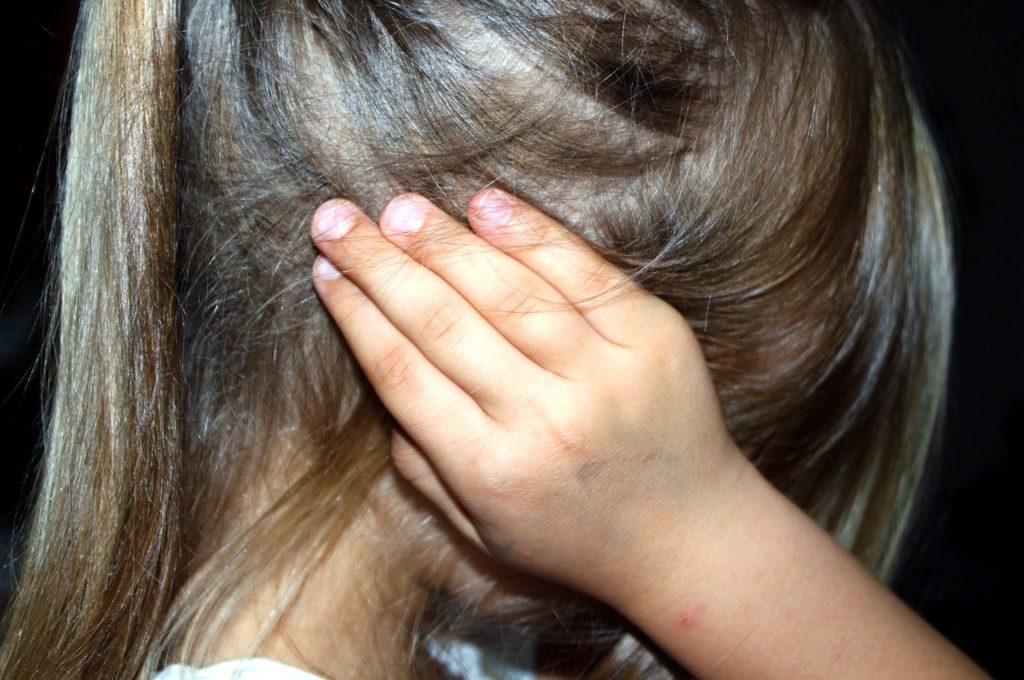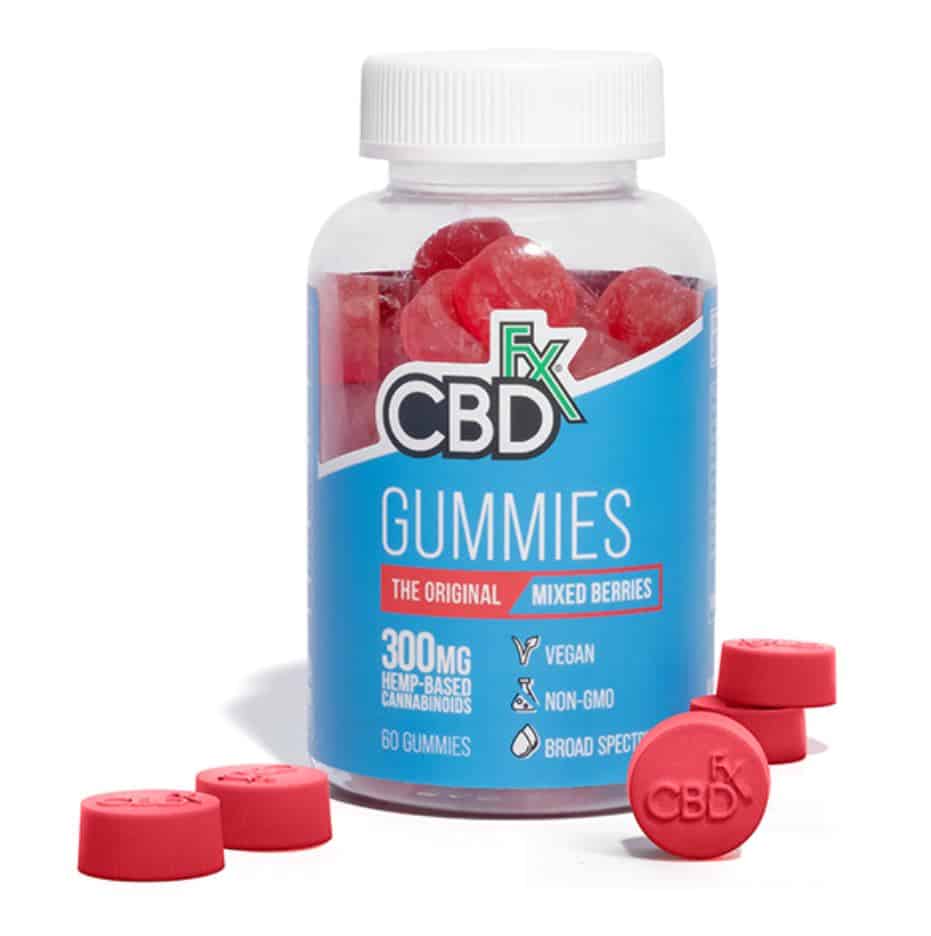CBD Oil for Autism: The Emerging Cannabinoid Relief

Recent research indicates that using CBD oil for autism attenuates a variety of symptoms in the majority of cases. Is it possible that autism, which no pharmaceutical is known to treat, can finally be alleviated effectively with CBD? Read on to find out.
Autism spectrum disorder (ASD) is a developmental condition which can manifest in numerous ways; it impacts cognitive development, motor skills, communication, and overall behavior, to a lesser or higher degree.
Symptoms of autism are most commonly noticed during childhood and often last throughout adulthood, with many living as high-functioning members of society. It’s unclear what causes autism; experts suggest it’s a combination of genetics and environment.
The spectrum of autism consists of a broad range of possible symptoms, and the variety of those displayed determines where on the spectrum the autistic person lies. The symptoms include: behavioral disorders, motor deficits, autonomy deficits, communication and social interaction deficits, cognitive deficits, sleep disorders, and seizures. Attention deficit/hyperactivity disorder (ADHD) can also sometimes accompany autism.
The Scope of the Spectrum
Based on a survey from 2016, 1.5 million US children aged 3 to 17 years were reported to have been diagnosed with ASD. To put the numbers in perspective, this is 2.50% or one in forty children. ASD prevalence in boys was 3.46 times higher than in girls.
Autism has also been found to be extremely concomitant with many psychiatric disorders; 72% of ASD patients are reported to suffer from associated psychopathologies. Among these, anxiety and depression are the most common, and they have been correlated with significantly poorer life functioning.
A broader scope of impact of ASD reveals that a total of 83% of children with ASD have a co-occurrence of one or more non-ASD developmental disorders. These include: gastrointestinal and nutrition symptoms and disorders, epilepsy, sleep disorders, immune conditions, and, as noted, other mental disorders.
Conventional Autism Treatment
There is currently only one drug approved by the FDA for treating ASD, and it helps manage irritability in children between 5 and 16 years of age. Other pharmaceuticals in use serve to alleviate co-occurring symptoms such as depression, anxiety, psychotic episodes, and seizures (in thise children with autism who also suffer from epilepsy).
With the pharmaceuticals only being helpful in managing symptoms, the main course of treatment for ASD patients is undergoing one or more modes of therapy. These include: psychotherapy, occupational therapy, nutritional therapy, and motor control therapy. Ethical concerns are often raised in regards to the therapeutic options used to treat autism.
Can CBD Help with Autism?
CBD is a cannabinoid extracted from the Cannabis sativa plant. Unlike THC, the major cannabinoid these plants are known for, CBD is not psychoactive because it activates different areas of the brain. CBD products come from cannabis plants grown to contain negligible amounts of THC (less than 0.3%); due to this, the use of CBD products also causes no psychoactive effects.
According to scientific research, CBD has a wide array of therapeutic benefits. While the field is still young, the results of these studies have been quite promising, both in human clinical trials and on animal models.
CBD’s main effects are on the parasympathetic and sympathetic nervous system. It stimulates the former, promoting rest, healing, rejuvenating, and regeneration, and inhibits the latter, suppressing stressful responses and the triggering of the fight-or-flight mechanism. This way, CBD reduces overall levels of stress.

The major benefits of CBD, which have been demonstrated time and time again in numerous scientific studies, are its anxiolytic and antidepressant effects. CBD achieves these effects through its action on the serotonergic system, specifically by activating the 5-HT1A receptor. Levels of serotonin, the neurotransmitter responsible for regulating mood, sleep, digestion, and behavior, and the bioavailability of its receptors, have been shown to directly impact levels of anxiety and depression. In fact, the main choice of pharmaceuticals used for managing these disorders function by modulating the serotonin levels.
In short, this means that CBD should benefit the many children and adults who are on the autism spectrum and also show symptoms of anxiety and/or depression.
As for ASD itself, some remarkable research has been emerging over the past few years.
Israel seems to be the current world leader in research initiatives on the effectiveness of CBD oil for autism management. In 2018, a preliminary study published by a group of Israeli researchers included 60 children who were treated with an extract of CBD and THC at a ratio of 20:1. Here’s a quote from the study about the effects on individual symptoms:
“Following the cannabis [extract] treatment, behavioral outbreaks were much improved or very much improved (on the CGIC scale) in 61% of patients. The anxiety and communication problems were much or very much improved in 39% and 47% respectively. Disruptive behaviors were improved by 29% […] Parents reported less stress as reflected in the APSI scores, changing by 33% […] The effect on all outcome measures was more apparent in boys with non-syndromic ASD. Adverse events included sleep disturbances (14%), irritability (9%), and loss of appetite (9%).”
After these encouraging results, the same researchers are poised to publish a larger-scale clinical trial with 150 patients.
Another group of Israeli researchers recently published a study in which they had parents of 53 ASD patients aged between 4 and 22 administer their children with oral drops of CBD oil. The treatment lasted between 30 and 588 days, and the parents later reported their assessments of the ASD symptoms. The study found that:
“Self-injury and rage attacks (n = 34) improved in 67.6% and worsened in 8.8%. Hyperactivity symptoms (n = 38) improved in 68.4%, did not change in 28.9% and worsened in 2.6%. Sleep problems (n = 21) improved in 71.4% and worsened in 4.7%. Anxiety (n = 17) improved in 47.1% and worsened in 23.5%. Adverse effects, mostly somnolence and change in appetite, were mild.”
A recent study from Brazil also looked into the effects of long-term use of CBD oil for autism patients. Unfortunately, only fifteen patients ultimately received the treatment, so the results, however encouraging, may not be statistically generalized.
The patients were given pure CBD and CBD-enriched extract over the course of six to nine months, and their symptoms were evaluated by their caregivers before and afterwards. The ASD symptoms were reportedly improved in fourteen out of the fifteen participants. In a few participants this improvement was substantial, while most of the others saw mild benefits.

Finally, worth a mention is one other, often overlooked cannabinoid which has its own set of therapeutic benefits. CBDV (cannabidivarin) has been emerging with potential as an effective ASD treatment option. In rats, CBDV was reported to ameliorate behavioral abnormalities resembling symptoms of ASD. A recent neuroimaging study in humans also found that CBDV affects subcortical glutamate systems and can potentially serve to regulate neural excitation, depending on the base levels of these systems.
In fact, CBDV has become very salient in the ASD research community; there are currently several efforts underway to investigate its potential therapeutic benefits. One clinical trial is being run at the Montefiore Medical Center in New York, and is backed financially by the US army, while another study looking into both the effects of CBD and CBDV is taking place at King’s College London (KCL).
Should You Try Using CBD for Autism?
From the results so far, we can be hopeful (with reservations) that a combination of CBD and CBDV, and perhaps other cannabinoids, whose effects we are not fully aware of yet, might eventually become a treatment for people who have a negative experience of ASD.
Although many people with ASD live very happy and fulfilling lives, with symptoms which do not significantly eclipse their livelihoods, for those who suffer greatly from negative effects of ASD, CBD is showing serious promise; if science prioritizes the investigation of this connection, and further research replicates and specifies the success of what has been reported thus far, we may be seeing a cannabinoid-based ASD relief on the horizon in a matter of years.
Until then, CBD oil is definitely worth a try due to its wide range of therapeutic properties and rare, mild side effects. Just be sure to get a trusted extract with a miniscule amount of THC, or, better yet, completely devoid of it.
Would you, or have you tried using CBD oil for autism symptom relief? What are your experiences?
If you haven’t, are you considering it? What are your concerns?
Please share them with us in the comments below.
